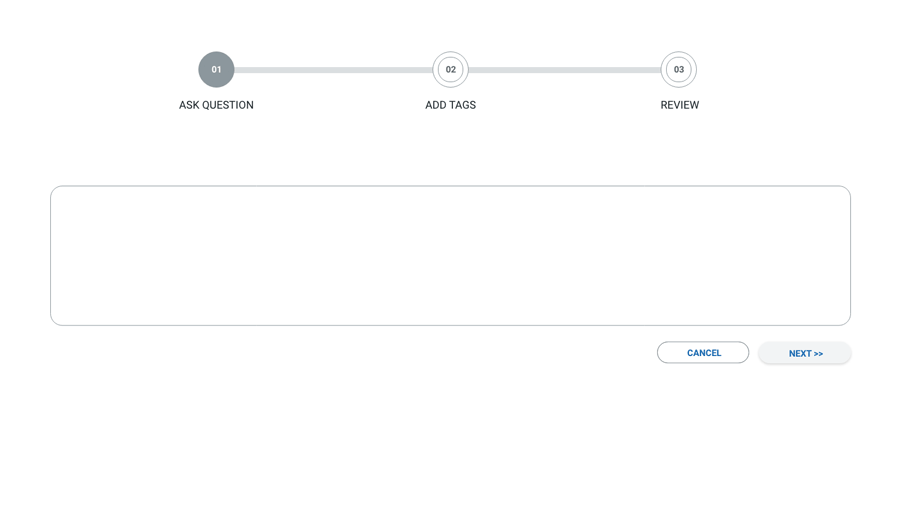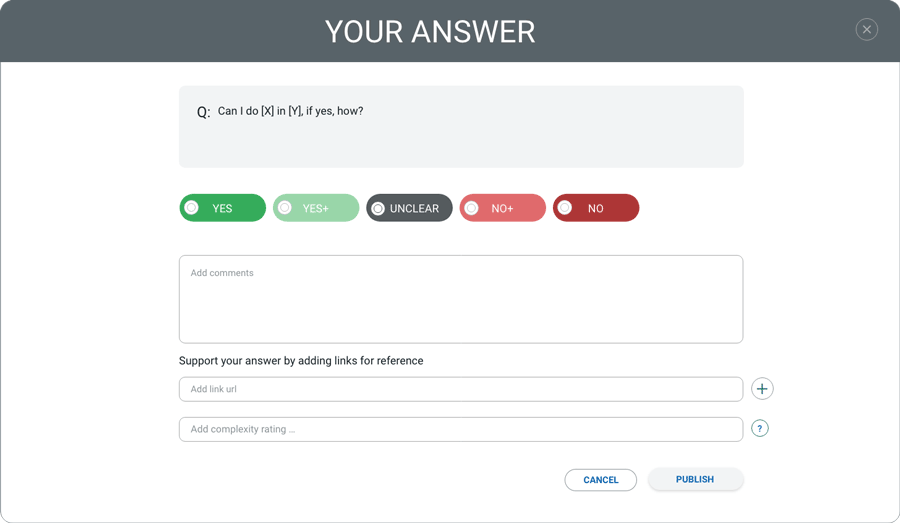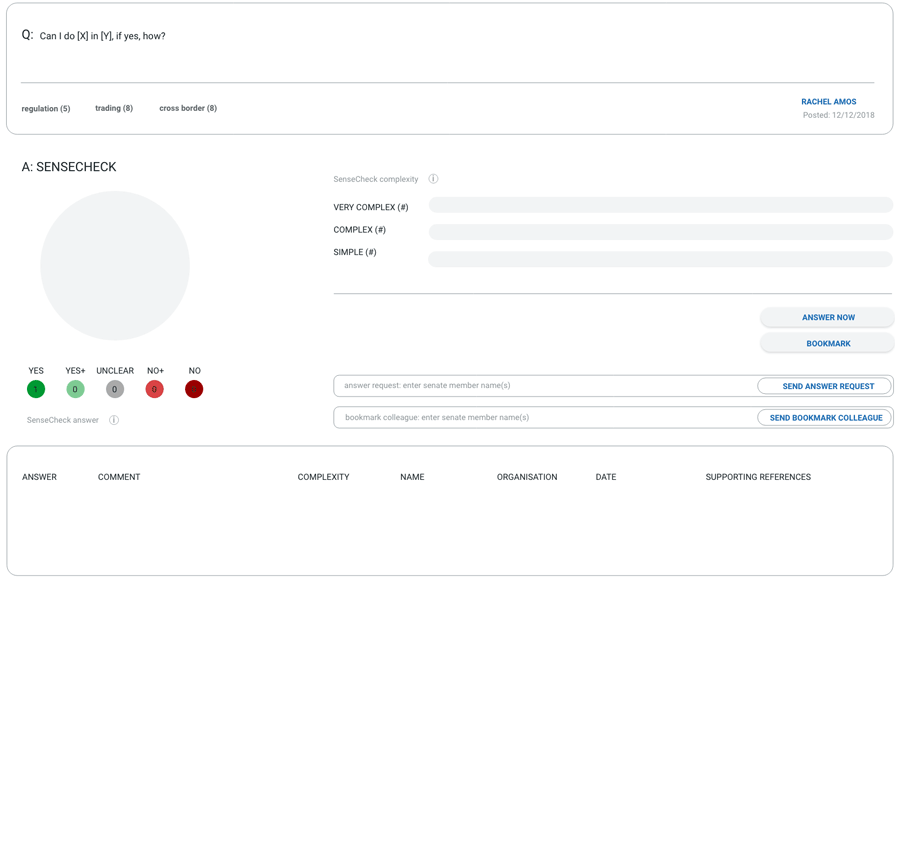01.14 Does the legal framework under ALNET operate in a vacuum?
A: SenseCheck

- 3 Yes
- 2 No
- 2 Other
- 18 Feb 2025
-
Yes
|
Complex
Super Simple summary to help a parent explain the law to a child
If you have an Education, Health and Care (EHC) plan, you or your parents can ask for a school even if it is not in your local area. The local council has to think about what you need and see if the school can meet those needs. They can say no only if the school cannot support you properly, if it would make things harder for other children, or if it costs too much.
Summary in simple English
If a child or young person has an EHC plan, their parents (or the young person themselves if they are over 16) can ask for a school outside of their local authority area. The local authority must seriously consider this request. It must agree unless:
- The school is unsuitable for the child’s needs.
- The child’s attendance would stop other children from learning properly.
- The cost of the placement would not be a good use of money.
If the local authority refuses, it must give clear reasons, and the decision can be challenged.
Draft technical answer
Under section 38 of the Children and Families Act 2014 (CFA 2014), parents or young people can express a preference for a school or institution from a list of settings, which includes maintained schools, academies, further education institutions, and non-maintained special schools. This right applies even if the preferred school is outside the local authority's (LA) area.
Once a preference is made, the local authority must consult with the chosen school or institution. Under section 39(3) of CFA 2014, the local authority must name the school or institution in the EHC plan unless:
- The school is unsuitable for the child or young person’s age, ability, aptitude, or special educational needs.
- The child’s attendance at the school would be incompatible with the efficient education of other children.
- The placement would involve inefficient use of resources.
The SEND Code of Practice 2015 also states that if a school in another local authority area is requested, the home local authority must consult both the school and the maintaining local authority.
What happens if the local authority refuses?
If the local authority refuses the request for an out-of-area school, it must provide reasons. The parent or young person has the right to challenge this decision via mediation and appeal to the First-tier Tribunal (Special Educational Needs and Disability Tribunal).
Who pays for the school place?
- If the school is named in the EHC plan, the home local authority remains responsible for funding the child’s place.
- If it is an independent school, the local authority does not have to agree unless it considers the school to be the best way to meet the child’s needs.
Relevant legal references
- Children and Families Act 2014, sections 38 and 39 – Right to request a particular school, including one outside the home LA’s area.
- Education Act 1996, section 9 – Duty to educate children in line with parental preference unless it is not an efficient use of resources.
- SEND Code of Practice 2015, paragraph 9.78-9.83 – Details the local authority’s obligations to consult and name requested schools.
- Upper Tribunal Case Law
- NA v LB Barnet [2010] UKUT 180 (AAC) – Consideration of efficient education for others when deciding school placement.
- O v Lewisham [2007] EWHC 2130 – Interaction between parental preference and the duty to use resources efficiently.
Answers from the Support SEND Kids Q&A
- Can parents request a particular placement?
- What happens if the LA refuses to name a school in the EHC plan?
Key takeaways
- A parent or young person can express a preference for a school outside their local area.
- The local authority must agree unless specific conditions apply.
- The LA must consult the chosen school and justify any refusal.
- Decisions can be challenged through mediation and appeal.
- 18 Feb 2025
-
Yes
|
Complex
Super Simple summary to help a parent explain the law to a child
If you are using words from a report about health or social care in your case, you do not always have to include the whole report. But sometimes, if the words you use do not show the full picture, you might need to include more of it.
Summary in simple English
If you are quoting from a report about health or social care in your appeal, you do not always need to include the whole report in Section C of the EHCP. However, if your quote does not give the full context or if the local authority or tribunal needs to see the whole plan to understand your argument properly, then including it might be necessary. The tribunal will usually work with the evidence provided, so it is important to make sure everything needed to explain the situation is included in the appeal documents.
Draft technical answer
When appealing the contents of an Education, Health and Care Plan (EHCP), the tribunal considers evidence relating to the child or young person’s special educational needs (Section B), special educational provision (Section F), health needs (Section C), and social care needs (Section D), among others. The tribunal follows an inquisitorial approach, meaning it considers the evidence before it but does not automatically seek out additional documents unless a party requests it or a procedural requirement exists.
If a quotation from Part C evidence (such as a summary of a My Support Plan within an ADHD report) is included in a Working Document for the appeal, the requirement to submit the full My Support Plan depends on whether the excerpt alone sufficiently presents the necessary information. The tribunal has discretion to make recommendations for health and social care needs under its extended appeal powers, but it will rely on the evidence presented unless it directs additional information to be provided.
Local authorities are required under the Children and Families Act 2014 to obtain and consider advice when preparing or amending an EHCP, including health and social care advice where applicable. While there is no explicit requirement that the entirety of a referenced report be included in Part C, the tribunal must ensure it has sufficient evidence to assess whether the child’s needs are properly recorded and addressed. If the My Support Plan contains relevant context that could materially affect the tribunal’s understanding of the quoted section, it may be advisable to include it in the appeal bundle to prevent any misinterpretation or omission of key details.
Relevant Statutes, Regulations, Codes and Case Law:
- Children and Families Act 2014, Section 37 – Duty to specify needs and provision in an EHCP.
- Special Educational Needs and Disability Regulations 2014, Regulation 12 – Requirements for EHCP content.
- MM v Royal Borough of Greenwich [2024] UKUT 179 (AAC) – Tribunal’s powers in relation to health and social care recommendations.
If the tribunal or local authority challenges the adequacy of the quoted section, it may be necessary to provide additional documentation to substantiate the argument. Otherwise, an excerpt alone may suffice if it clearly conveys the necessary information.
- 26 Nov 2024
- 26 Nov 2024
-
Other
|
Simple
Rule is too new - watch this space:
- 26 Nov 2024
-
Other
|
Other
Rule is too new - watch this space:
I have absolutely no idea of the answer. @Senate Support might be able to give a view. >Explain the business case for SenateSense...
This is before the ETW in 2025.
- 30 Oct 2024
-
No
|
Complex
- 24 Oct 2024
-
No
|
Complex
No. The legal ALN framework operates within the wider education system operating in Wales, which operates a different curriculum and approaches than that in England.
The ALN Code 2021 sets out 5 main principles underpinning the ALN system in Wales. One of which is inclusive education and consequently, “improvements in the teaching and learning of children and young people with ALN cannot be isolated from improvements in the teaching and learning for children and young people across a school or FEI as a whole.”
Additional Learning Provision is defined with reference to what is defined with reference to that which is made generally for others of the same age in maintained nurseries, schools and FEI’s in Wales: s 3 ALNET. Consequently, what provision is made within the general mainstream education system is relevant to whether a CYP will be considered to have ALN.
One of the other main principles in the ALN Code 2021 said to underpin the ALN system in Wales is “collaboration and integration where services work together to ensure that ALN are identified early and appropriate co-ordinated support is put in place to enable children and young people to achieve expectations, experiences and outcomes”: para 3.2(d) ALN Code 2021.
More:
07.02 Can health or social care support also be ALP?
07.03 Is Speech and Language Therapy ALP?
07.04 Can psychiatric input be SEP?
07.05 Are there any rules for coordinating health and social care support with ALP?





|
1 Comment